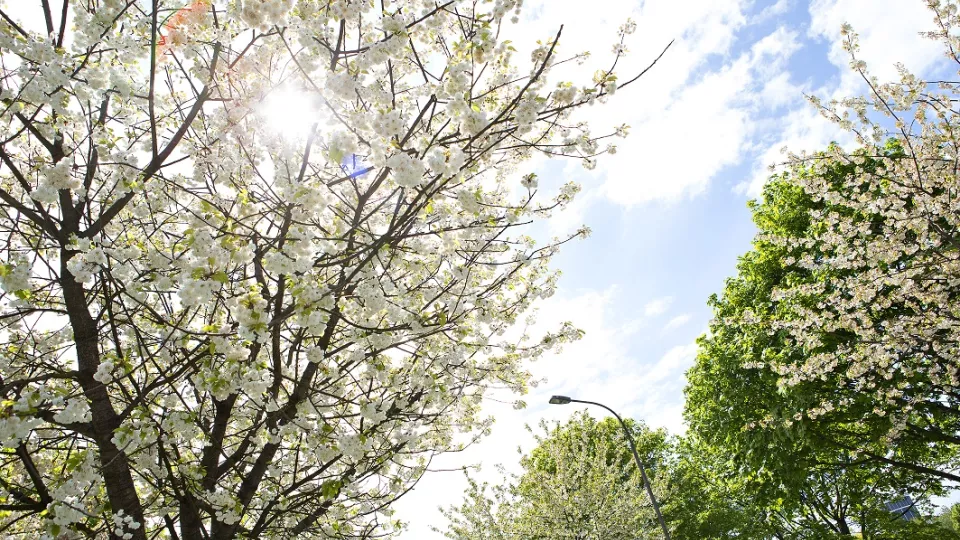Sustainability in education should be an issue for the University leadership, as well as researchers and teachers, according to Anne Jerneck and Kim Nicholas, both researchers at LUCSUS.
Reflecting on Wednesday’s event for students and staff, on the theme “sustainability in education”, organised by Sustainability Forum and LUCSUS, they highlight that the role of the researcher and teacher is becoming increasingly more demanding in terms of outreach, impact and course development for example.
– While there are many individual researchers, teachers and programmes who are really passionate about developing sustainability in education, we argue that the University must take a collective and united lead in facilitating and explicitly supporting the task of integrating sustainability into LU education, says Anne Jerneck.
– That would include initiatives such as competence training for staff, structures that facilitate collaboration on cross-faculty courses, and obviously also the implementation of the strategic plan.
They note that there also needs to be a structure in place whereby teachers and researchers are afforded time, resources and opportunities do develop ideas and initiatives for how to develop the sustainability in education in their own subjects and disciplines.
– As we see it, Lund University needs both clear sustainability leadership and resources from the central University administration, and arenas where both staff and students are supported to work with a bottom-up approach to integrate sustainability throughout the curriculum, says Kim Nicholas.
Another reflection they made was around the broader topic of sustainability research and its role in society. How should research and researchers interact with society to affect change?
– I see that researchers are very open to society and conduct research in close collaboration with external stakeholders, at least here at LUCSUS. Maybe practitioners should also engage more with research? says Anne Jerneck.
She also adds that researchers are often framed as being outside society, even if much sustainability research is conducted in a constant dialogue with people and groups both within and outside of academia.
– It is absolutely central that we all work together as a collective so that research can help promote social change, for everyone, everywhere, she says.
Ideas to bring home to LUCSUS
The event also sparked ideas for how the sustainability work of the University could be incorporated into the work of LUMES and LUCSUS, according to Kim Nicholas and Anne Jerneck.
Kim Nicholas notes that most of the students attending the event had not read the Lund University Sustainability Policy, and that a reading of this document is something that could be included in the course curriculum.
– It would give students an insight into how their own University works with sustainability, and get them thinking about how large institutions work with these issues. What are the challenges and opportunities for state governed authorities?
Anne Jerneck agrees, and says that students at LUMES could be encouraged to do their Knowledge to Action project, whereby students work with stakeholders to promote sustainability, also within the University, for example together with students in other faculties who are not offered sustainability courses in their curricula.
– Why not also look at how the University works with sustainability instead of only looking outside of academia? It would be a great opportunity to make an impact, and affect change amongst students and staff. It might also lead to the formation of new networks, and arenas for students to meet across disciplines and faculties.
Another take home idea, says the researchers, is to explore how LUCSUS could further link its work to the United Nation’s Sustainable Development Goals, the SDG:s.
– This event made it clear that the SDG:s are becoming increasingly recognised both inside and outside academia, by businesses, students and universities. It made me think that Lund University and LUCSUS could position itself in relation to the these goals more closely than what we do today. This would help us find areas of common intrest across society, concludes Kim Nicholas.
